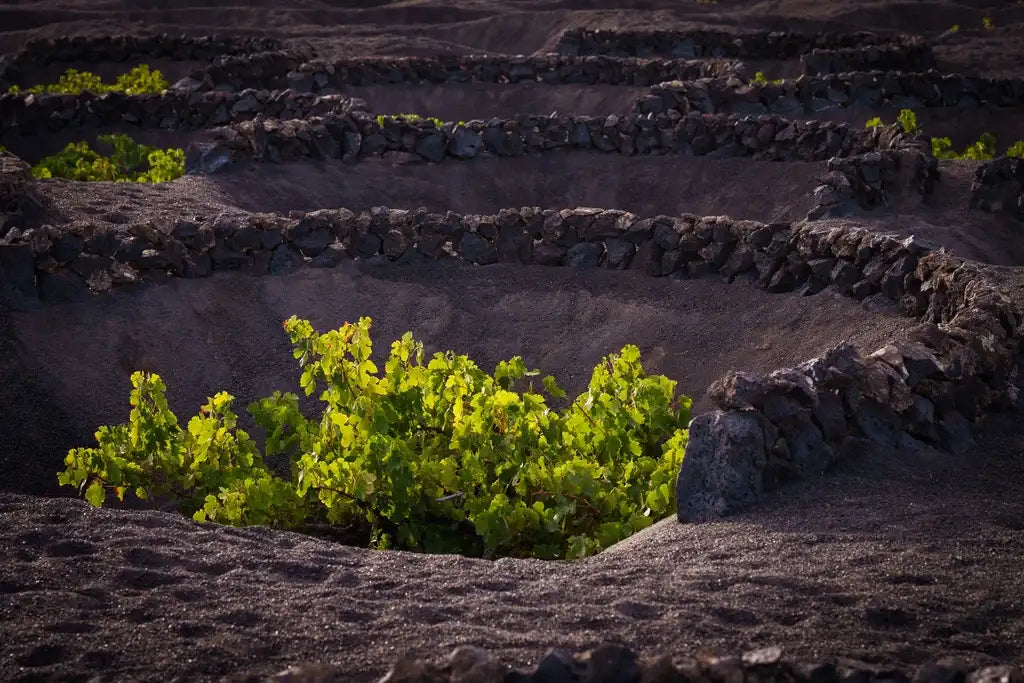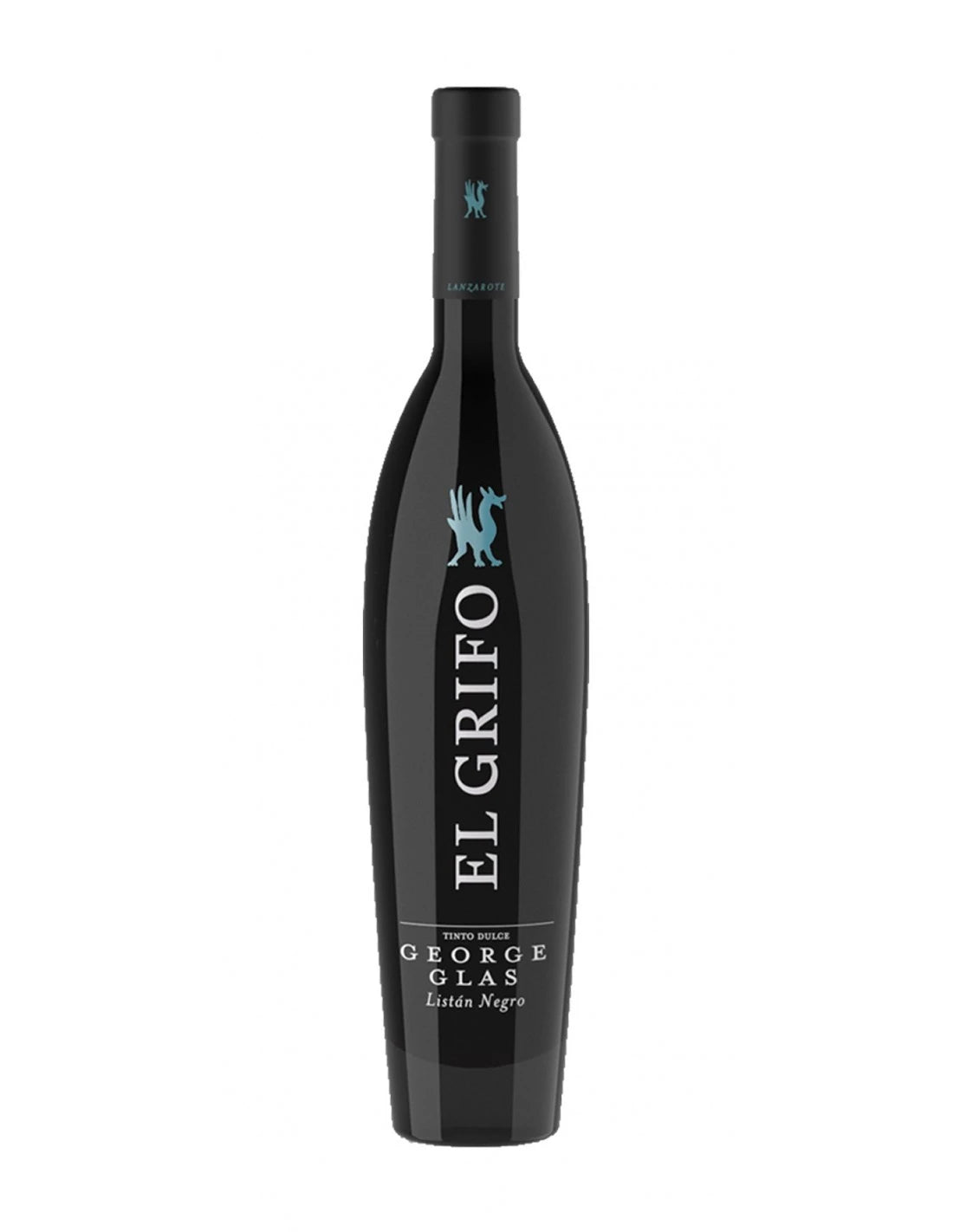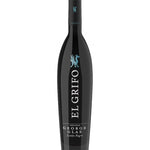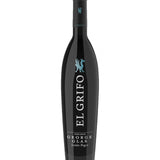
VARIETY
Listán Negro

COLOUR
Medium depth, with muted tones resulting from oxidative ageing, clean and bright

NOSE
Luscious and captivating, with notes of candied fruit, a spicy character (liquorice and black pepper) typical of the varietal, nuances of oxidative ageing, coffee and toasted hints

PALATE
Enveloping, with an acidity that balances residual sugars
Tasting notes
A sweet red Listán Negro made using the traditional sun-drying method, combining aromatic intensity with the complexity of oxidative ageing. Its spicy and toasted character merges with raisined fruit, offering a balance in which acidity softens the sweetness and extends the palate. Persistent and enveloping, it is a unique wine that pays tribute to the winemaking heritage of Lanzarote.
Elaboration:
The Listán Negro variety disappeared in Andalusia after phylloxera, which has become endemic and exclusive to the Canary Islands and, like the rest in Lanzarote, it is planted freestanding behind a stone wall and under volcanic ash. George Glas was a Scottish merchant who lived for seven years in the Canary Islands in the mid-18th century. He gave an account of the birth of Lanzarote wine in his book on the Canary Islands, published in London in 1764. We keep a copy of its first edition in the library of our Museum. Sweet wine harvested and made in 2015 with Listán Negro grapes previously sunbathed for ten days, recovering an old tradition and technique now in disuse, and subsequently trampled with the feet for two days intermittently. Then it was pressed and when it had 110 gr/L of natural sugars, the alcoholic fermentation was interrupted by adding wine alcohol. Since then it has rested in oak barrels under oxidative aging along with a small batch (10%) of sweet wine from the 2012 harvest until 2020, when it was decided to bottle, increasing to a production of 6,364 bottles.
Technical data:
% Vol. 16º | Sugar 105g/L | Total Acidity 5.8g/L | pH 3.7 | Total SO2 42mg/L
Prizes:
2025
2024
2023
2022

Lanzarote, 1775
VOLCANO HERITAGE
Fire, wind and rock create extreme conditions from which wines with a marked character and personality are born, with which we discover the soul of a land and climate unique in the world.



